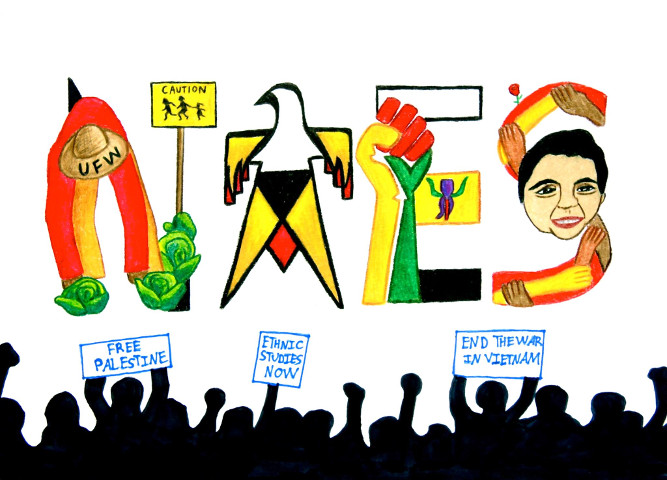Explorations in Ethnic Studies

Orginal Publication Date
1985
Journal Title
Explorations in Ethnic Studies
Volume
8
Issue
ees/vol8/iss2
First Page
11
Last Page
14
Abstract
Norman Friedman's analysis of the short-lived sitcom, a.k.a. Pablo, raises many issues about the role of television in social life and the limited access of minorities to representation on television and to the decision-making processes of television programming. As his content analysis implicitly shows, the "situations" and the comedy of this sitcom were defined, set in motion, and revolved around various positions of Mexican Americans in relation to white culture and society. Pablo's Mexican jokes and flagrant stereotypical traits allowed him access to the world of show business and at the same time disturbed the self-perceptions and cultural pride of his family; his sister's liberal activitism [activism] and feminism was placed in opposition to more conservative views of how to progress in America and awareness of the constraints of mainstream white society. The program thus positioned the Rivera family along several axes which showcased the heterogeneity of Mexican Americans as it addressed the socially constructed conventions of cultural stereotypes.
Rights
Copyright, ©EES, The National Association for Ethnic Studies, 1985


